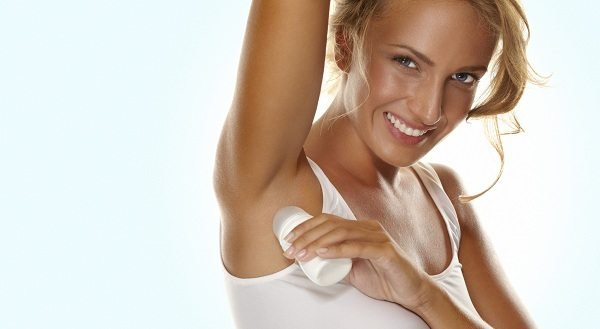Hyperhidrosis

Description
Hyperhidrosis is a condition characterized by excessive sweating when the ambient temperature is not high or intense physical activity is not performed.
For some affected people, sweat literally drips from their hands.
The condition usually affects the palms of the hands, feet, legs and armpits.
In addition, the usual daily activities are disturbed and it may even lead to the development of anxiety states or experiencing constant discomfort when the affected person is among other people.
What are the symptoms?
Most people sweat when they are subjected to heavy physical exertion, do sports, are in a place where the temperature is much higher than normal for the human body< /strong> or are very nervous, anxious or stressed.
Excessive sweating associated with a condition far exceeds the normal amount of sweat a person can normally produce per unit of time.
Most often sweat glands are affected on the hands, feet, armpits, and sometimes on the face. Rarely, the condition involves the whole body.
Uncharacteristically copious amounts of sweat can become the cause of literally soaking clothes or sweat dripping directly from the hands.
Bits of profuse sweating usually occur at least once a week for no apparent reason.
See your GP if:
• Sweating bothers you in some way;
• You suddenly start sweating more than you used to;
• You experience profuse night sweats for no apparent reason;
What are the reasons?
Sweating is a body cooling mechanism. The nervous system of the human body automatically activates the sweat glands when the body temperature rises.
When a person is nervous, his palms sweat.
In hyperhidrosis, the nerves whose function is to trigger the sweat glands are overactive, causing excessive amounts of sweat to be produced even when it is not needed.
The problem worsens when the affected person is nervous or stressed.
When the condition occurs mainly on the palms and soles, then it is most likely to be genetic in origin, as studies have shown that there is a family history of the condition.
However, if excessive amounts of sweat are being released from the whole body, then it is most likely due to some underlying health problem such as:
• Side effects from the use of certain medications;
• Hot flashes caused by the hormonal changes occurring during menopause;
• Overactive thyroid gland;
• Some types of cancer;
br/> • Heart attack;
• Infectious disease;
Treatment of Hyperhidrosis
To reduce sweating and the associated body odor, in addition to using antiperspirants, you can do the following:
• Bathe every day – regular bathing helps limit the reproduction of bacteria on the skin;
• Dry your feet thoroughly after you shower. Microorganisms multiply rapidly in the wet spaces between the toes. Use a foot powder that helps absorb moisture and sweat.
• Choose to wear shoes and socks made from natural materials. Shoes made from natural materials such as leather will help prevent sweaty feet as they allow the leather to breathe.
• Change your shoes – they will not be able to dry overnight, so it is not advisable to wear the same pair 2 days in a row.
• Wear the right socks – cotton and wool fabrics help keep the skin of the feet dry because they absorb moisture.
• Change your socks often – you should do this at least once or twice a day, drying your feet thoroughly each time. For women, tights with cotton shoe soles are recommended.



